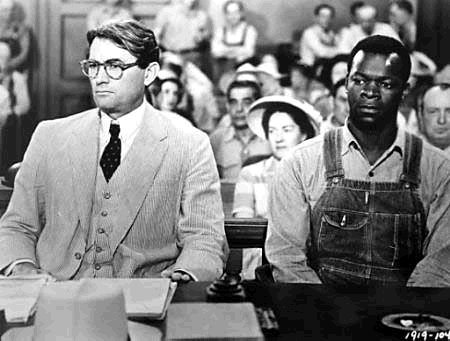Harper Lee, the author of acclaimed novel To Kill a Mockingbird, died on Friday 19 February 2016.
Harper Lee’s most famous novel follows Jean Louise Finch, a young girl whose nickname is ‘Scout’. Scout lives with her family in Maycomb, a fictional town in Alabama, in the American South-East. The story is set in the 1930s, at a time when racial prejudice was especially common.
Scout’s dad, Atticus Finch, is a respected lawyer in their town. Maycomb’s racist white community is shocked when Atticus agrees to defend a black man named Tom Robinson who is accused of raping a white woman. Atticus also stands up to a mob of people who want to ‘lynch’ Tom – that is, to execute him without a trial.
Although Atticus provides significant evidence that Tom Robinson is innocent, the all-white jury declares him guilty anyway. Tom later tries to escape from prison and is shot dead.
A second story by Harper Lee, Go Set a Watchman, sparked controversy when it was published in 2015. The book follows an older Scout Finch as she returns to Maycomb for a visit. Readers (and main character Scout) are shocked when Atticus expresses some intolerant views. The circumstances of the book’s publication were also controversial, as Harper Lee’s declining health caused some journalists to question how much control she had over the decision to publish.
To Kill a Mockingbird is admired by millions for emphasising the importance of standing up for fairness and justice. It highlights the ugliness of discriminating against someone because of their race.
In the UK, fair trial rights are protected under Article 6 of the European Convention on Human Rights and no one may be subjected to discrimination because of their race under Article 14 of the European Convention on Human Rights. For more information, take a look at our fair trial rights poster and no discrimination poster, and read more about the importance of these rights with our justice and equalityposts.







